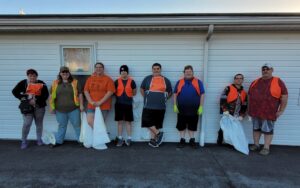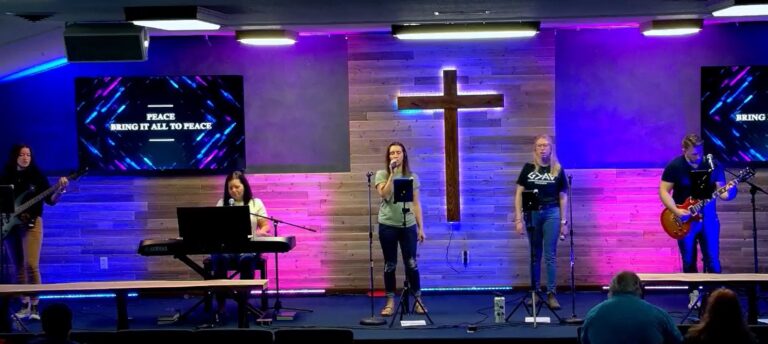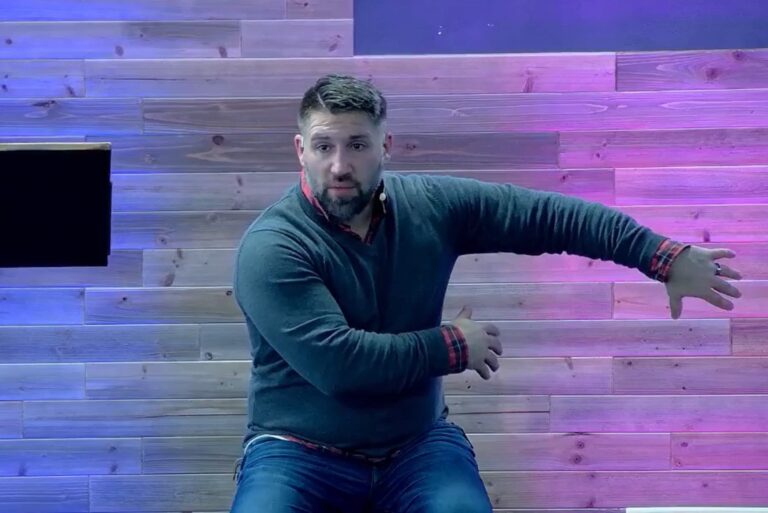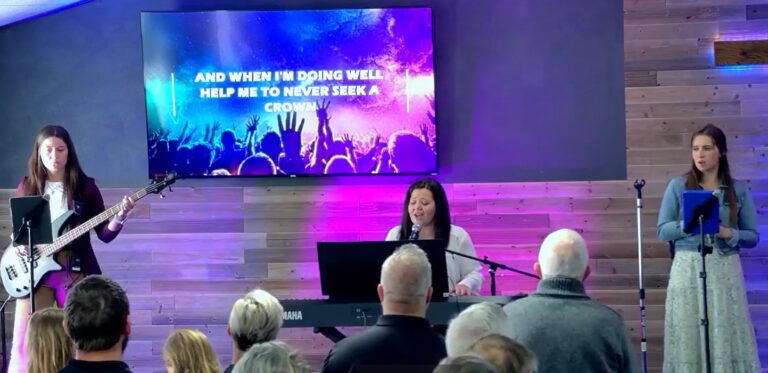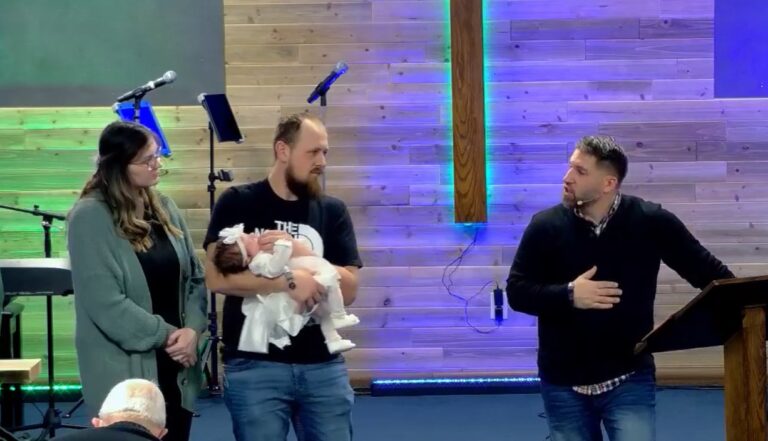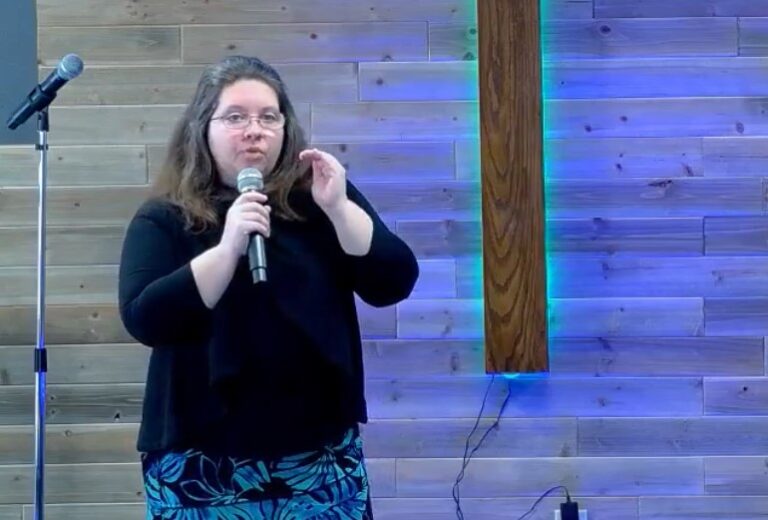Welcome to another weekly Port Ann Wesleyan Church youth group lesson. We had no official post from August 26 since it was our back-to-school gathering. Thanks to those who came out. To catch up on previous lessons, click here.
Kicking off with a song by Casting Crowns that has been around for a while …
Prayer needs continue in a variety of forms. Sally Sheets is received her fourth in a series of intense treatments for pancreatic cancer. After the next two, she will be re-evaluated to see how the treatments are impacting the cancer and the next steps will be decided. Please keep her, Pastor Paul, Sherilyn, Stevan and the rest of the Sheets family in prayer.
Myron Campbell was hospitalized with pneumonia, but has since been released. Trina Eia is still being hospitalized in Hershey. An update from her posted on Facebook on Thursday (yesterday):

Deb Zaktansky (Paige and Samantha’s grandmother) had fairly involved dental surgery but is doing well in the early stages of recovery. Jasmine cut her finger earlier this week and needed stitches, but seems to be on the mend now.
We also want to cover the situation mentioned below in our lesson with prayer — for the greater ripple effect of people who have been impacted by such a tragedy.
If you have additional prayer needs you want to relay, send an email by clicking here.

Tragedy struck our region in the early hours Sunday morning as two people lost their lives in a head-on crash along Route 15. One of the victims was recent Midd-West graduate and athletic standout Joe Rodriguez, pictured above to the right.

The other fatality was the driver of the vehicle that was driving north in the southbound lane of Route 15, Matthew Jodon, a 32-year-old from Northumberland. He was the father of two young children. His wife was expecting their third child, but sadly lost the baby on Wednesday while she was hospitalized for high blood pressure.
The ripple effect of the accident continues to impact many, and there are many lessons to be learned from this tragic event. Above all else, we ask for continued prayer for everyone connected to this horrible situation.
One update out of the situation was that alcohol may have been a factor. There has been a resurgence of talk among many within Christian circles about the debate over whether or not Christians can drink alcohol vs. if Christians should drink alcohol is hotly debated. Within the Wesleyan Church, the debate is handled via a split in membership — covenant members, which can hold a place of leadership within the church, must commit that they will completely abstain from alcohol. Community members do not need to make that commitment. That doesn’t mean the church OKs their usage of alcohol.
Well before taking on the role of youth group leader at Port Ann Wesleyan Church, I made a personal vow to avoid alcohol. The decision was rooted in personal experiences. My father struggled with alcohol usage — it tainted our relationship, fueled otherwise unnecessary arguments and ultimately was a factor, via brain damage, in his death seven years ago. I drank alcohol at times in college with friends, and while I didn’t need to drink or became obsessed with it, the lifestyle it was connected to was a major factor in my failure to complete college — something I have regretted ever since. Lastly, our adopted son had a few DUI situation a number of years ago. Ultimately, I realized the super temporary allure of alcohol wasn’t worth the potential long-term impact for myself and those I care about.
There are a number of references to alcohol/wine in the Bible, including the story about Jesus turning water into wine shared in John 2:1-12. That specific story is used as ammunition for those who justify drinking, and while there is no concrete black-and-white “Thou shalt not consume any alcohol” edicts anywhere in the Bible, there are plenty of references about the sins of drunkenness and the behaviors that come from it.
So, as mentioned earlier, the question comes down to whether Christians can drink vs. if they should drink. For anyone under 21 years of age, the decision should be simple. It’s illegal. It should be a hard “no,” but sometimes that isn’t how things play out. Andwhat about those who are technically of age? Consider what Paul shares in the first half of 1 Corinthians 6:12 (NIV):
“I have the right to do anything,” you say — but not everything is beneficial.
With that being said, before taking that sip of wine or beer, consider the following questions on whether or not what you are about to do is beneficial for you or those around you:
Is having this drink worth damaging my Christian image?
Of course, as Christians, we shouldn’t worry what the world thinks of us, a long as we know we are doing what God ordains. However, as Christians, we are also called to provide an example of godly living not only to help draw nonbelievers to Christ, but to help our fellow believers to stay on track. Consider what is shared in 1 Peter 2:12 (NIV):
Live such good lives among the pagans that, though they accuse you of doing wrong, they may see your good deeds and glorify God on the day He visits us.
Will having this drink cause someone else to stumble?
Consider what Paul shares in 1 Corinthians 8:9-13 (NIV) when talking about ingesting unclean food:
Be careful, however, that the exercise of your rights does not become a stumbling block to the weak. For if someone with a weak conscience sees you, with all your knowledge, eating in an idol’s temple, won’t that person be emboldened to eat what is sacrificed to idols? So this weak brother or sister, for whom Christ died, is destroyed by your knowledge. When you sin against them in this way and wound their weak conscience, you sin against Christ. Therefore, if what I eat causes my brother or sister to fall into sin, I will never eat meat again, so that I will not cause them to fall.
The concept is repeated in Romans 14:20-21 (NIV):
Do not destroy the work of God for the sake of food. All food is clean, but it is wrong for a person to eat anything that causes someone else to stumble. It is better not to eat meat or drink wine or to do anything else that will cause your brother or sister to fall.
In other words, it is definitely a sin to cause someone else to falter by what we eat or drink (or technically in whatever we do). Did my occasional alcohol usage years ago plant negative seeds that impacted my son’s DUIs? How can we know for sure that taking that drink isn’t somehow impacting someone else negatively — either by encouraging them to lower their inhibitions or, perhaps, triggering negative emotional responses to tragedy tied to alcohol usage?
Is my drinking becoming an addiction?
When we think of this question, the “addiction” visual usually is the extreme, but being addicted to alcohol comes in all forms. Does it get to a point where you can’t wait for that next drink? When you are out with friends, do you just have to grab a cold one? Are you using alcohol in any was as an escape? Consider the rest of the verse we started above from 1 Corinthians 6:12 (NIV):
“I have the right to do anything,” you say — but not everything is beneficial. “I have the right to do anything” — but I will not be mastered by anything.
No alcoholic ever took his/her first drink with the goal of becoming an alcoholic. Every one of them thought they could control the usage, until they couldn’t anymore — and then it was too late.
Can I live with the ramifications if I am wrong about my usage?
Many Christians who advocate their alcohol usage cling to the Jesus water-into-wine story and that Jesus Himself imbibed some version of wine in certain circumstances. I would argue that He had the omniscience to know His limits and where that extremely hard-to-discern line is when someone becomes buzzed/drunk. Can we be as certain? Are we willing to risk the consequences of being wrong and sinning where we should have been more cautious? Concerning this topic, I find the message from Ephesians 5:15-18 (NIV) to be especially powerful:
Be very careful, then, how you live — not as unwise but as wise, making the most of every opportunity, because the days are evil. Therefore do not be foolish, but understand what the Lord’s will is. Do not get drunk on wine, which leads to debauchery. Instead, be filled with the Spirit.
The last two sentences carry a certain amount of weight, especially if you emphasize the word “instead.” Basically, if used as an either-or scenario … you can either be drunk on wine or filled with the Spirit. Does that mean that when we are drunk, the Holy Spirit leaves us? Perhaps that is why we lose our inhibitions — and the moral compass provided by the Holy Spirit — when we become buzzed/drunk?
At what threshold of drinking does that happen? Are we willing to risk pushing the Holy Spirit out of our lives, if even for a short period, for the temporary temptation provided by alcohol?
Am I glorifying God with this drink I’m about to enjoy?
Back to 1 Corinthians for more God-inspired advice from Paul. Specifically 1 Corinthians 10:31-33 (NIV):
So whether you eat or drink or whatever you do, do it all for the glory of God. Do not cause anyone to stumble, whether Jews, Greeks or the church of God — even as I try to please everyone in every way. For I am not seeking my own good but the good of many, so that they may be saved.
Yet another warning on the downfalls of causing another to stumble and how we are to seek the good of many (and especially of God) in each thing we do. Perhaps the best filter to use when deciding to use alcohol is the first line. Whether we eat or drink or in whatever we do, does this beer or wine offer an opportunity to glorify God?
What are your thoughts? Send me an email by clicking here.
— John Zaktansky



